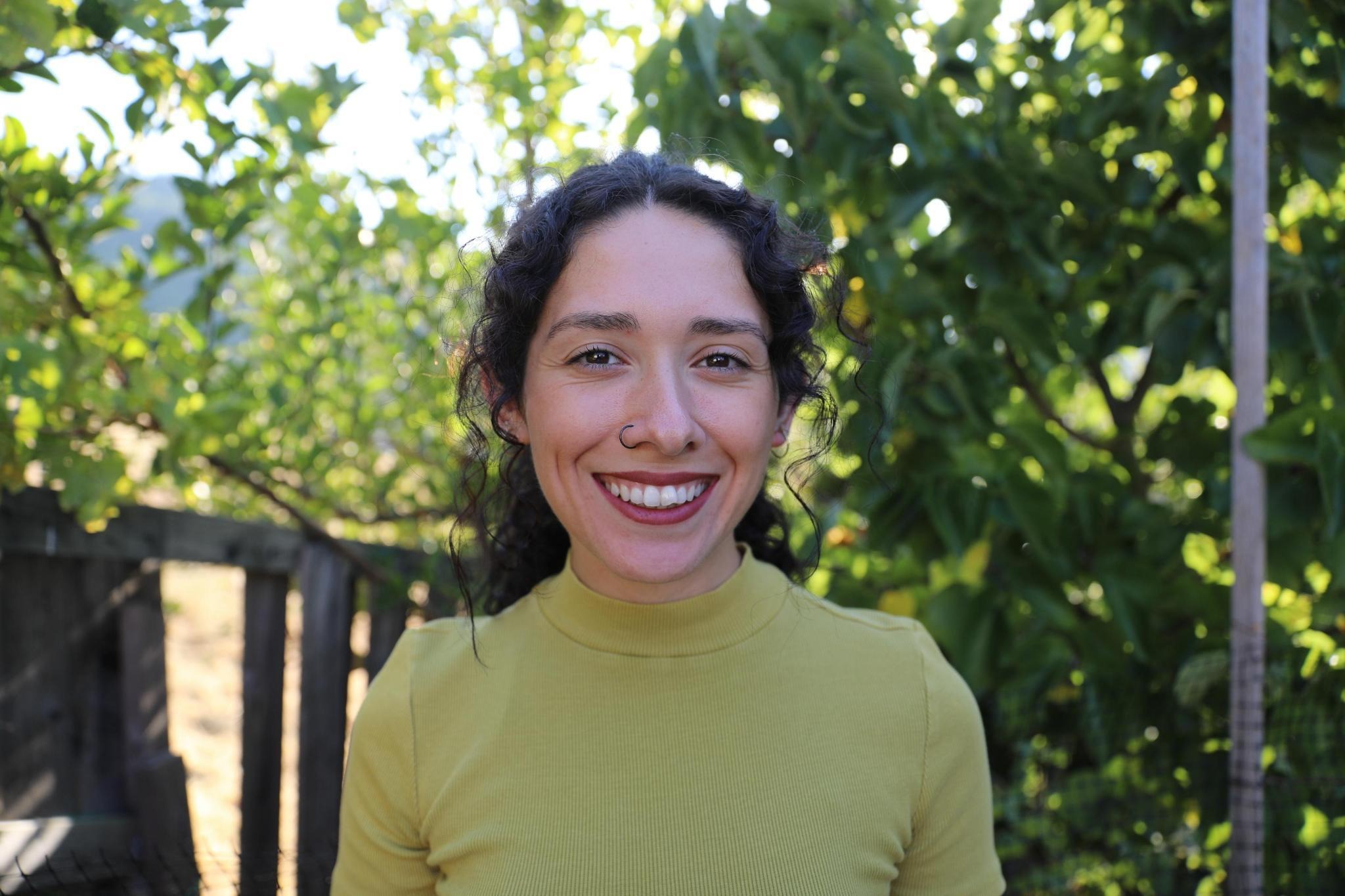When and how did you first get involved with Sahiyo?
My engagement with Sahiyo began through my interest in addressing gender-based violence, specifically focusing on FGM/C, within the public health sphere. My initial involvement as a volunteer was driven by the opportunity to apply my public health knowledge to Sahiyo's efforts. Over time, my increasing understanding of FGM/C's complexities and my desire for a more direct role in the organization's initiatives led me to the Training and Technical Assistance Coordinator position. This role has allowed me to use my skills more effectively, contributing to the development and execution of Sahiyo's mission.
What does your work with Sahiyo involve?
As the T&TA Coordinator, while my role involves creating training programs, I prioritize fostering relationships and building trust with community stakeholders to ensure our efforts are truly collaborative and responsive. Some of our training initiatives are structured to engage with healthcare professionals, gender-based violence (GBV) providers, and the local community each bringing unique challenges and perspectives to the table. Part of my work is also rooted in collaborating with a variety of partners, including NGOs, government entities, and directly with survivors, to enhance FGM/C prevention and raise awareness effectively. Additionally, I am involved with creating educational materials that serve both individuals and organizations, to provide comprehensive knowledge and practical tools, fostering an inclusive, culturally sensitive, and trauma-informed approach to addressing FGM/C.
Finally, one key program I support is Sahiyo’s Voices to End FGM/C initiative (I participated in the mort recent Voices Conhort in 2023). This program brings together survivors, activists, and advocates from across the globe by bringing them together to share and heal from FGM/C, connect and grow as leaders, and create short videos sharing their experience with the practice.
How has your involvement with Sahiyo impacted your life?
Working with Sahiyo has deepened my understanding of FGM/C as a complex issue that requires a comprehensive and collaborative approach to address effectively. Moving into a professional capacity within the organization has expanded my view of the challenges and possibilities in this field. It has underscored the importance of education, advocacy, and partnership in driving change. The resilience of survivors and the commitment of advocates continue to inspire my work. My hope is for Sahiyo's programs to be recognized as effective and empathetic resources in the global effort to end FGM/C.
What words of wisdom would you like to share with others who may be interested in supporting Sahiyo and the movement against FGC?
Respecting culture and tradition is crucial when addressing the practice of FGM/C. It is important to understand that FGM/C is often perpetuated by cultural and societal attitudes and is deeply rooted in the beliefs and traditions of communities that practice it. As an outsider to the practice, a judgmental approach can alienate the very communities we hope to engage. It is essential to engage with communities in a respectful and culturally sensitive manner in order to work collaboratively and to create solutions that are sustainable and in line with their values and beliefs. By doing so, we can help to create lasting change and promote gender equality while respecting cultural diversity.

